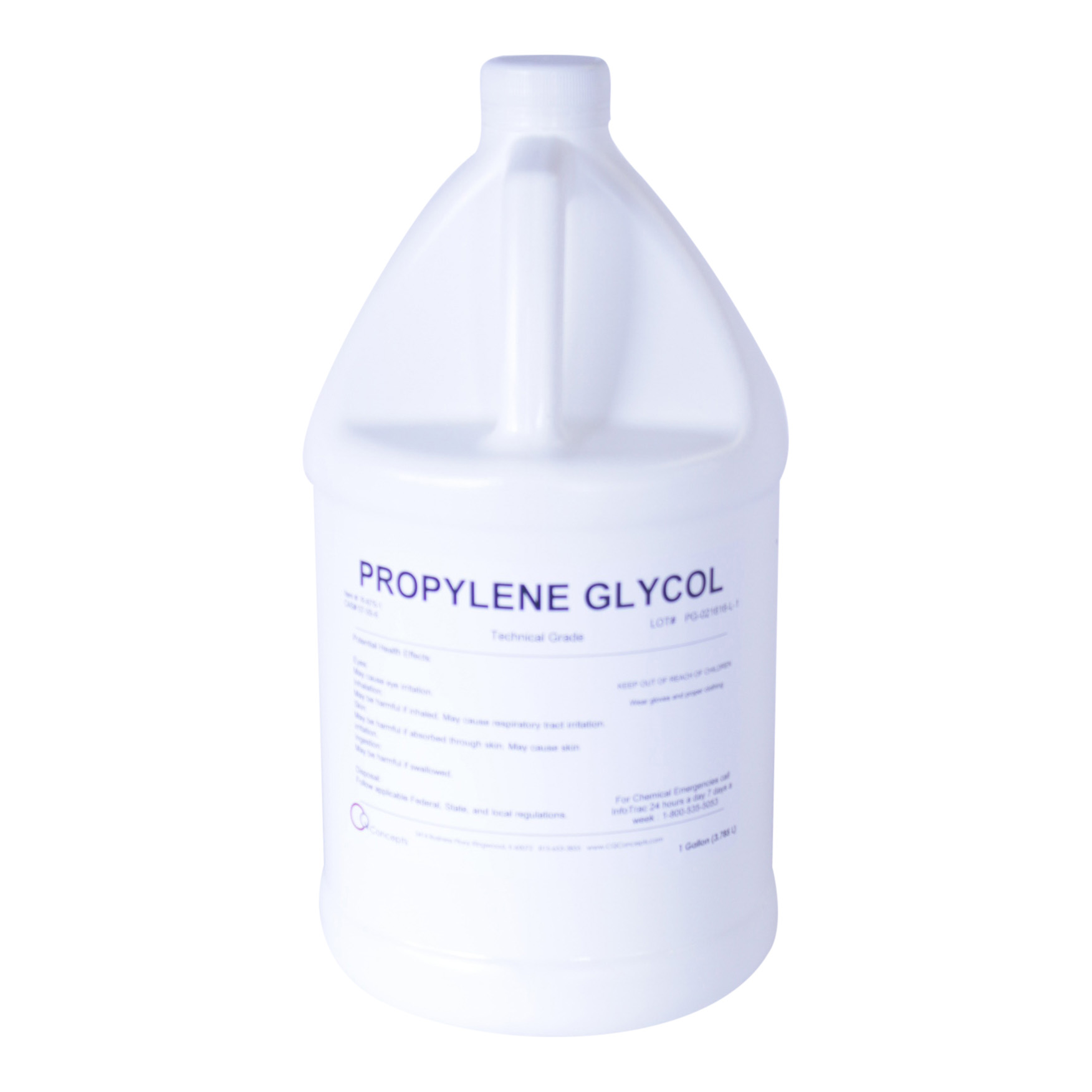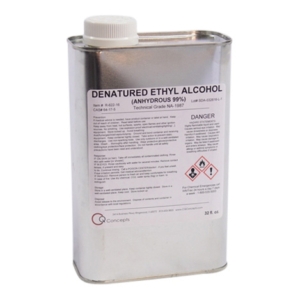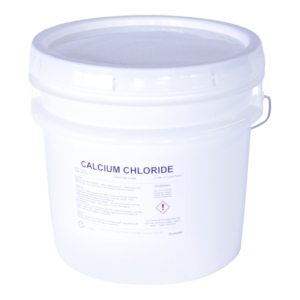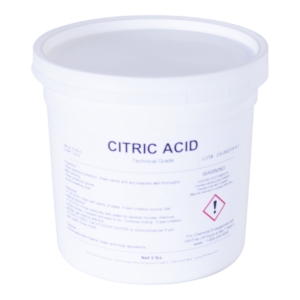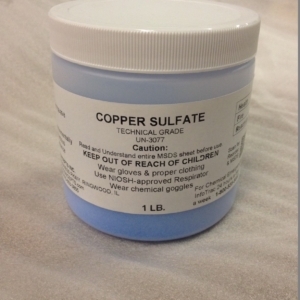Description
Propylene Glycol 99.8%
From Wikipedia, the free encyclopedia
Propylene glycol, known also by the systematic name propane-1,2-diol, is an organic compound (a diol alcohol), usually a tasteless, odorless, and colorless clear oily liquid that is hygroscopic and miscible with water, acetone, and chloroform. It is manufactured by the hydration of propylene oxide. It can also be converted from glycerol, a biodiesel byproduct.
Applications
Propylene glycol is used:
- As a carrier in fragrance oils
- As a non-toxic antifreeze
- In smoke machines to make artificial smoke for use in firefighters’ training and theatrical productions
- In hand sanitizers, antibacterial lotions, and saline solutions
- As a main ingredient in many cosmetic products, including baby wipes, bubble baths, deodorants, shampoos, and hair dyes
- As a base ingredient in aircraft deicing fluid and some automobile antifreezes
- In cryonics
- As a working fluid in hydraulic presses
- To regulate humidity in a cigar humidor
- As the killing and preserving agent in pitfall traps, usually used to capture ground beetles
- To treat livestock ketosis
Safety
The Food and Drug Administration has determined that propylene glycol in or on cat food has not been shown by adequate scientific data to be safe for use. Use of propylene glycol in or on cat food causes the feed to be adulterated and in violation of the Federal Food, Drug, and Cosmetic Act. 21CFR589.1001
The Food and Drug Administration (FDA) has determined propylene glycol to be “generally recognized as safe” for use in food, cosmetics, and medicines. Like ethylene glycol, propylene glycol affects the body’s chemistry by increasing the amount of acid. Propylene glycol is metabolized into lactic acid, which occurs naturally as muscles are exercised, while ethylene glycol is metabolized into oxalic acid, which is toxic.
Post menopausal women who require the use of an estrogen cream may notice that brand name creams made with propylene glycol often create extreme, uncomfortable burning along the vulva and perianal area. In these cases, patients can request that a local compounding pharmacy make a “propylene glycol free” cream which, not surprisingly, is much more tolerable.
Patients with vulvodynia and interstitial cystitis may be especially sensitive to propylene glycol. Women struggling with yeast infections may also notice that some OTC creams can cause intense burning.

